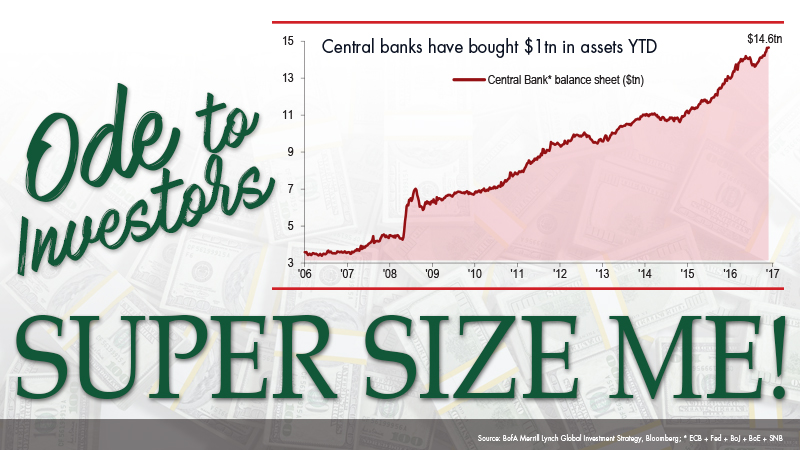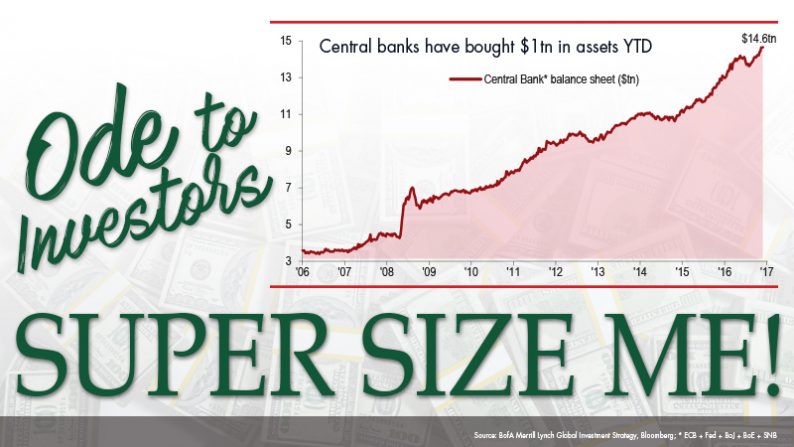
How do you take your plaque?
C’mon, we all have our victual vices that risk turning the gourmet in us gourmand. Those naughty nibbles that do so tempt us. Is it a bacon, cheese, well…anything? Maybe a slice of pie – pizza or otherwise? Or do you take yours scattered, smothered and covered? As in how you order your late-night hashbrowns at Waffle House – scattered on the grill, smothered with onions and covered with melted cheese. That last order is sure to do the trick if clogging your arteries is your aim. Too exhausted to trek inside? Hit the drive through. It’s the American way.
Enter Morgan Spurlock. In 2003, he had grown so alarmed with the ease with which we can go from medium to jumbo (in girth) he conducted a filmed experiment. For 30 days, Spurlock consumed his three squares at McDonald’s, a neat average of 5,000 calories a day, twice what’s recommended for a man to maintain his body weight. Fourteen months later, Spurlock managed to shed the 24 pounds he’d packed on.
Released in 2004, Super Size Me garnered the nomination for Best Documentary Feature.
And since then? A freshly released paper finds that more than 30 percent of Americans were obese in 2015 compared with 19 percent in 1997. Of those who were overweight or obese, about 49 percent said they were trying to lose weight, compared to 55 percent in 1994.
One must ask, where’s that “Can Do!” spirit? Why acquiesce given the known benefits of restraint? Perhaps we’d be just as well off asking that same question of the world’s central bankers who seem to have also thrown in the towel on discipline, opting to Super Size their collective balance sheet, the known hazards be damned.
At the opposite end of the over-indulge-me spectrum sits one Harvey Rosenblum, a central banker and my former mentor who sought to push his own discipline to the limits throughout his 40 years on the inside, to take a stand against the vast majority of his peers. Consider the paper, co-authored with yours truly, released in October 2008 — Fed Intervention: Managing Moral Hazard in Financial Crises.









Leave A Comment